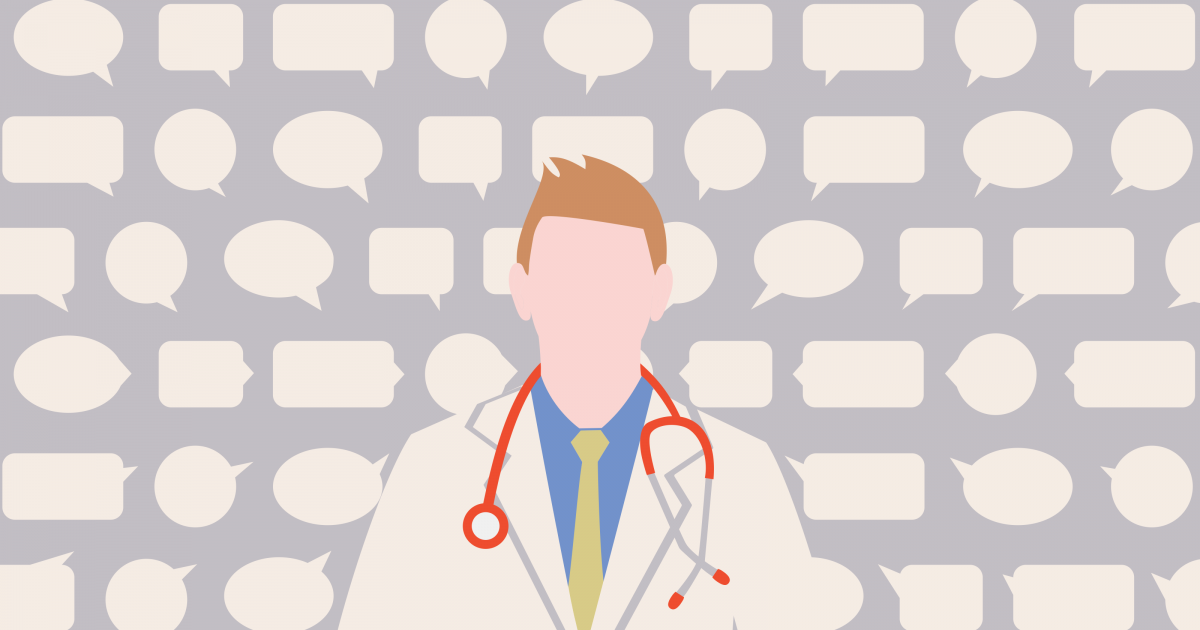Fighting Cancer Misinformation
- Experts from the Dana-Farber/Harvard Cancer Center and the Harvard T.H. Chan School of Public Health have created a new website called Cancer FactFinder to help people find reliable information on things that do and do not cause cancer.
- One of SurvivorNet’s experts says the “How to factcheck" section is the most important section of the website and that patients should start there before reading any health-related information online.
- It's important to look for cancer information from reliable sources that are up-to-date. Ask your health care providers for recommendations if you are unsure.
The website is a database for reliable information on what does and does not cause cancer. For instance, some people have claimed that eating burnt coffee causes cancer. So, if you were wondering that yourself, you could simply search the term “coffee” and see that although “more research is needed to fully understand coffee drinking and cancer risk,” this claim is put in the “false/misinformation” category. Interestingly enough, the website does say that “coffee drinking is linked with a lower risk of endometrial, head and neck, colorectal, and liver cancers” and “may also reduce the risk of insulin resistance and type 2 diabetes.”
Read More“Harvard T.H. Chan School of Public Health is one of the most renowned Public Health Schools around the world and I am overwhelmed with the work they have done,” he said in a statement for SurvivorNet. “In a World of ‘Fake News,’ it's a pleasure to see such a magnificent website, full of up-to-date and reliable information. I just wish we had a website like this in several different languages, so that patients all around the world could have access to such a wonderful resource.”
He went on to say that ” the most important part of the website,” to him, was the “How to factcheck" section.
“That should be the starting point for patients,” he said of that section. “Before reading any online health-related data, you must make sure that what is online is a science-based fact (not just an opinion). Confirm whether the sources being cited are reliable and when was the article published. And remember to bring the information you have found online to your appointment. Don't be afraid to discuss and ask questions to your doctor.”
How to Combat Cancer Misinformation
Dr. Stacy Loeb, a urologic oncologist and professor of urology at NYU Grossman School of Medicine, has previously spoken with SurvivorNet on the topic of cancer misinformation. And Dr. Loeb, herself, has also tried to inform the public about potential cancer misinformation online by studying the quality of online cancer information. Along with other researchers at NYU Grossman School of Medicine and NYU Langone's Perlmutter Cancer Center, she found that a significant amount of bladder and prostate cancer content on YouTube is not up to snuff.
Going to the Bathroom a Lot? It May Not be Cancer
"This topic of misinformation has been in the news a lot lately," Dr. Loeb previously told SurvivorNet. "However, relatively less attention has been paid to the quality of online information about cancer, so that was the gap that we were trying to fill with these studies."
Dr. Loeb said she understands patients want to seek out detailed information online, but it's best to work with your healthcare team to get recommended resources.
"It's very reasonable that patients and their families may want more information than is possible to obtain in the clinical encounter," Dr. Loeb said. "We all feel the time pressure, and getting the recommended resources from your healthcare team can be a great way to help navigate through this sea that is fraught with bias and potentially misinformative content."
RELATED: Getting a Manicure Isn't Harmful to Your Health
Dr. Loeb recommends patients and health care professionals take the following actions to avoid the spread of cancer misinformation:
- Patients and family members should check the source and date of information they've found online. Guidelines change and new options become available all the time, so outdated information may be harmful or incorrect.
- Patients should ask their providers for recommendations on where to find additional information on their cancer.
- Healthcare providers should "actively engage in public and social media in order to help fight this problem."
- Healthcare providers should also provide resources for patients seeking additional information.
Can Cell Phones & 5G Cause Cancer? A Leading Brain Cancer Doctor Says "No"
Learn more about SurvivorNet's rigorous medical review process.

